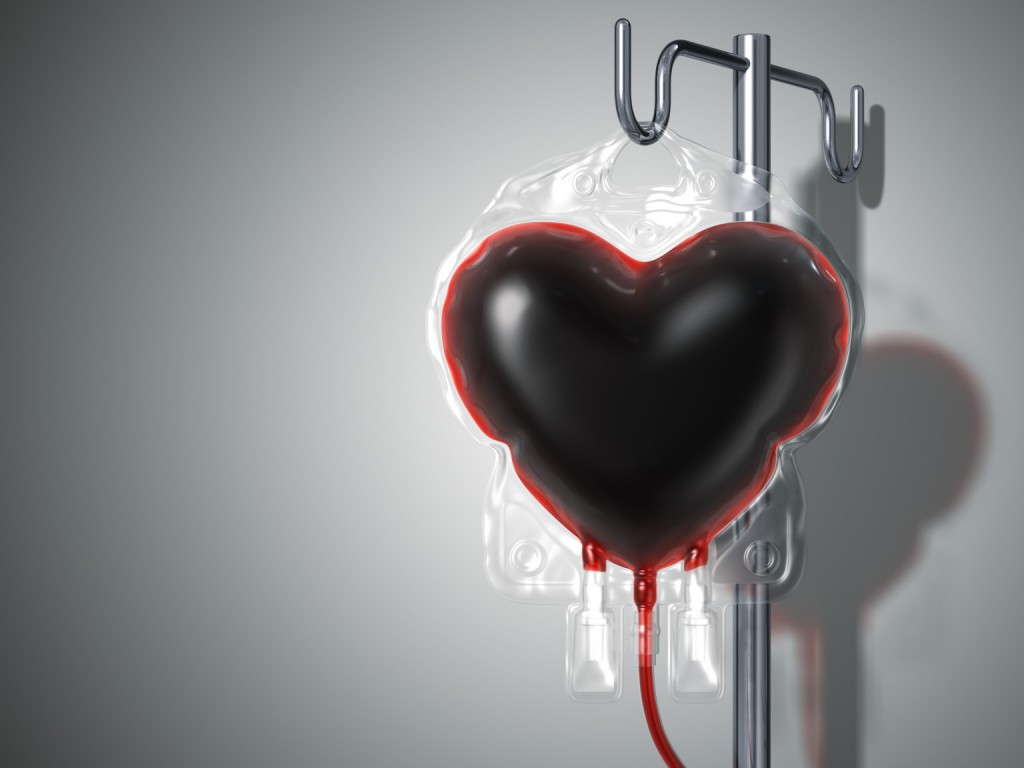video_tead’s
WHEN THE AIDS EPIDEMIC broke out in the US during the ’80s and scientists began to understand that the disease — they hadn’t yet discovered HIV was the responsible culprit — could be transmitted through blood transfusions, a decision was made to ban gay men, bisexual men, and men who have sex with men for whatever reason from participating in blood donations. This is because, when they were first discovered, HIV and AIDS were thought to have originated within the gay community, and tests to detect the presence of HIV in the blood hadn’t yet been developed. So they thought to nip the problem in the blood by eliminating the risk altogether. Thirty years later, the situation has changed drastically: HIV and AIDS are no longer considered a “gay disease,” and tests have been developed that can detect HIV antibodies in as little as ten days from the moment of infection. But the rule still exists. Except now, the Food and Drug Administration — the government agency that enacted the ban in the ’80s — has, on the recommendation of other government agencies, begun to consider whether that ban is outdated and draconian.
And with good reason. Naturally, many gay rights advocates feel that the rule is discriminatory, especially as there are plenty of other groups of people who are considered at risk for the disease who might still be donating blood. Intravenous drug users are one of the biggest concerns when it comes to at-risk groups, but so is anyone who has had unprotected sex with more than a few partners, and so are heterosexual men who sleep with female prostitutes.
The committee hasn’t taken a formal vote, but some of its members have spoken up on the topic. One of the suggested alternative options to the current regime (which is to turn away a potential donor if he has ever had sex, even once, even protected, with another man) would be to allow men who have had sex with other men to donate blood as long as their last encounter occurred more than twelve months ago, which is currently the policy in a number of other countries. There are some obvious problems when it comes to this “solution,”however, no matter which side of the issue you find you find yourself on.
For one, it’s just not realistic to expect gay men — or human beings in general, regardless of sexual orientation, for that matter — to be celibate for more than twelve months. Says Jason Cianciotto of the Gay Men’s Health Crisis, an AIDS-care nonprofit in NYC: “For the overwhelming majority of men, a donation policy which requires 12 months of abstinence is a de facto lifetime ban.” It’s just another way to continue the current ban, but shrouded in a facade of inclusion and equality. Another issue is that the implementation of this new policy would still result in healthy potential donors being left out of the equation. What about gay men who are not celibate, but are monogamous and married or in committed relationships? What about gay men who only have protected sex?
Conversely, it’s not really possible to know when someone has had sex or if they’re gay, anyway, so anyone hell-bent on donating blood could probably figure out a way to do it anyway, whether they should or not “under law.” It’s a fragile honor system that, frankly, can’t be monitored or regulated to leave no room for error.
Other countries have taken a different approach, starting to look at the issue from a behavioral standpoint as opposed to one that hinges on sexual identity. In Italy, for example, donors are banned if they’ve had any kind of unsafe sex, no matter the gender of the partner, while gay men who consent to testing are given the green light to donate.
The FDA hasn’t shared when they might take action on the issue, but they are considering it. In other HIV news, some recent studies suggests that the virus seems to be weakening due to mutations in its RNA (the genetic DNA-like material a retrovirus like HIV has) as time goes on, to such an extent that, in the future, HIV might not be much of a danger at all. One of the studies cites the fact that the virus’ ability to replicate within the body has gone down by 10% in observed participants in Botswana and South Africa as evidence. Just 10% though. In the meantime, if you’re sexually active, make sure to get tested regularly and wrap it way up. No glove, no love. And, of course, if you’re healthy enough to do so, donate blood.
